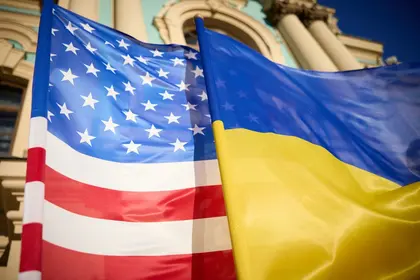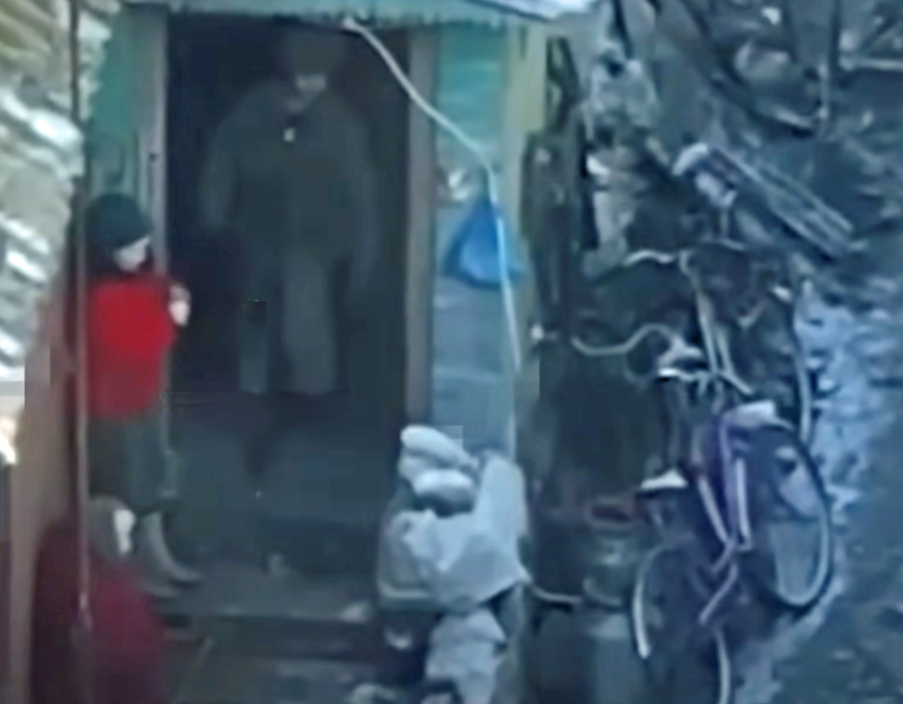Recently leaked intelligence papers suggest that the US is spying on world leaders, including US allies. This is no doubt true, and it's certainly nothing new. The very nature of NSA surveillance techniques, which involves culling trillions of bytes of data from every imaginable communications source, by definition will monitor the phones and internet traffic of foreign leaders, and pretty much everyone else. That means the US spies on Ukraine, too.
And it's probably a good thing.
JOIN US ON TELEGRAM
Follow our coverage of the war on the @Kyivpost_official.
One of the interesting cultural differences I observed in Eastern Europe revolves around manager-subordinate relations. In the US, if a superior asks a question of a subordinate, answering, "I don't know," or "I'm not sure," is okay. Expressing doubts about an initiative is not only acceptable, but often required. The manager is trying to ascertain what is known and unknown, and as a manager myself, I wanted the story straight up. This kind of interaction comes directly from the liberal arts tradition, where inquiry, uncertainty and an exchange of ideas is encouraged. A topic can be discussed irrespective of the status of the participants.
That is not the system in Eastern Europe. Students tend to be taught rote, and they are expected to know the 'right' answer. Failure to do so draws a demerit. Subordinates therefore feel under pressure to yield the 'proper' answer, resulting in claims of competence, knowledge or expertise which they may lack. Consequently, an American manager will regularly be surprised by Eastern European subordinates who bite off more than they can chew and fail to deliver. This in turn leads to delays and greater problems down the line.
Düsseldorf’s Rheinmetall Rumbles Towards Dominance of Ukrainian Arms Production
This sounds a bit like the information, or rather the lack of it, coming out of Kyiv regarding Ukraine's combat capabilities. We know much more about Russian personnel, tank, aircraft and artillery losses than we know about Ukraine's. This leads to unwelcome surprises, for example, seeing Ukraine cede ground where we might expect it to be winning. Part of that arises from Kyiv's culturally conditioned fear of divulging bad news, of giving the ‘wrong’ answer.
On the other hand, just because you're paranoid doesn't mean that they are not out to get you. US support for Ukraine is ultimately political. Kyiv has to keep the US public on board and may feel a need to paint a rosier picture than the reality on the ground. Further, the hard right wing of the Republican Party wants to cut Kyiv loose, and President Biden remains hesitant about pursuing victory over Russia. No less than Ben Hodges, former commanding general of U.S. Army Europe, has excoriated the Biden administration for this waffling:
"Just say, 'we want Ukraine to win.' Instead, what we hear from very good, smart, hardworking senior officials [is], 'we want Ukraine to be in the best, in the strongest possible position so that when they go to the negotiating table, they're in a good, strong position.'"
What trust should Kyiv lend the US under the circumstances? The Ukrainians are fighting for their lives, and the Biden administration is playing for a tie. Does that foster open, full and frank communications? Or does it open the door to another Afghanistan-style disaster in 2024 as the Ukraine slowly runs out of men?
I always try to close my posts with some interesting insight. Here I struggle. Trust is important. That's cliche. The partners should trust each other. Well, the partners' objectives are not quite aligned. Moreover, the Ukrainians are a bit unsophisticated, and the US president vacillates. Maybe the US and Ukraine should not trust each other entirely. In such a world, spying can have an upside, because it can deliver bad news on the sly and allow US planners to adjust military support more rapidly. At the same time, Kyiv cannot afford to fully trust US leadership and be a passive consumer of US policy. The Ukrainians need to be able to think for themselves, and outside the military sphere, they remain subpar in this regard by a substantial margin.
Finally, President Biden's legacy still rests on victory in Ukraine. Two days after the start of the war, I wrote “The Democrats will be buried in the Ashes of Kyiv,” in which I argued that the Biden administration will own any loss in Ukraine. That's also true for a “tie” which allows Russia to retain any of its gains. Moreover, the administration has to see Ukraine win the war within the next sixteen months if it wants credit at the polls next November, and that includes any possible recession between now and then. For the Biden administration, playing for a tie is fraught with risk and likely a political loser.
The administration would do better to commit to victory. With it, the Ukrainians will trust us more. This can lead to victory in the field, which should ensure President Biden's re-election in 2024.
Perhaps that's the lesson for today. Commitment creates trust, and trust is political capital in the long run.
Steven Kopits heads Princeton Policy Advisors. A strategic management consultant and investment banker, he writes frequently on policy topics for a variety of publications, including Foreign Policy and The National Interest, and is a regular contributor to CNBC and The Hill.
Reprinted with the author’s agreement from Princeton Policy Blog. Read the original here.
The views expressed in this opinion article are the author’s and not necessarily those of Kyiv Post.
You can also highlight the text and press Ctrl + Enter







